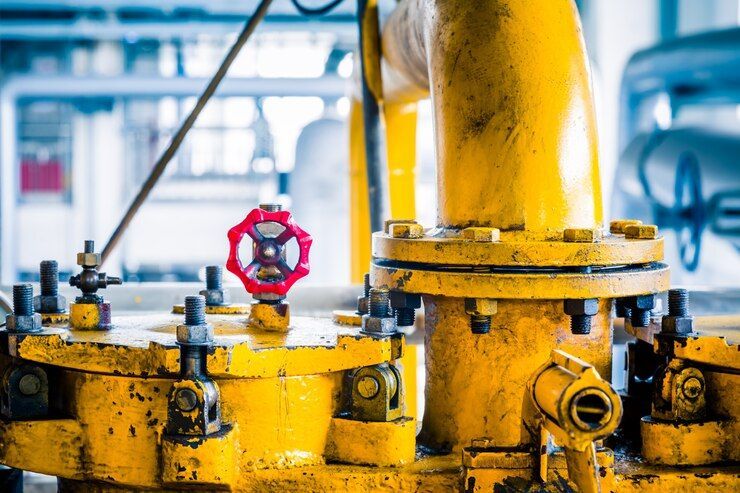What Is a Sump Pump and How Does It Work?
Protecting your home from water damage is crucial, especially if you have a basement or live in an area prone to heavy rainfall. A sump pump can be a homeowner's best defense against basement flooding and the resulting costly repairs. But what exactly is a sump pump, and how does it work to keep your home dry? In this guide, we'll dive into the essentials of sump pumps, exploring their components, types, and the mechanisms behind their operation. Whether you're a new homeowner or looking to upgrade your current system, understanding sump pumps will help you make informed decisions to safeguard your property. Let's get started!
Read more about How to Unclog a Shower Drain!
What Is a Sump Pump?
A sump pump is a device designed to remove accumulated water from a sump basin, typically found in the basements of homes. This critical piece of equipment helps prevent basement flooding by automatically pumping out water that collects in the basin and directing it away from your home’s foundation. By doing so, it protects your basement and foundation from water damage, mold growth, and structural issues. Sump pumps are essential for homes in areas with high water tables, heavy rainfall, or poor drainage systems, providing peace of mind and preserving the integrity of your property.
Types of Sump Pumps
Submersible Sump Pumps
Submersible sump pumps are designed to operate underwater and are installed inside the sump basin. These pumps are efficient and quiet, making them a popular choice for many homeowners. Since they are submerged in water, they also tend to last longer because they are cooled by the water they pump.
Pedestal Sump Pumps
Pedestal sump pumps have a motor that sits above the sump basin and a hose that extends down into the water. These pumps are easier to service because the motor is accessible, but they can be noisier and less visually appealing than submersible pumps. Pedestal pumps are often less expensive and are ideal for smaller sump pits.
Battery Backup Sump Pumps
Battery backup sump pumps are secondary pumps that operate when the primary pump fails or during power outages. They are an essential addition for homes that rely heavily on sump pumps, providing an extra layer of protection against flooding. These pumps can be submersible or pedestal and ensure your basement stays dry even in emergencies.
Combination Sump Pumps
Combination sump pumps integrate a primary pump and a battery backup pump into one system. This setup ensures that you have continuous protection against flooding. The primary pump handles the day-to-day pumping needs, while the battery backup kicks in if the primary pump fails or during power outages, offering the reliability of both systems in one unit.

How Does a Sump Pump Work?
Understanding how a sump pump operates can help you appreciate its role in protecting your home from water damage. Here’s a step-by-step breakdown of its working mechanism:
1. Water Collection
Water from rain, groundwater, or plumbing leaks collects in a sump basin, a pit dug into the lowest part of your basement or crawlspace. This basin is designed to gather water that might otherwise flood the area.
2. Activation of Float Switch
As the water level in the sump basin rises, it lifts a float switch, which is a buoyant device attached to the pump. When the water reaches a certain level, the float switch triggers the sump pump to turn on.
3. Pumping Water Out
Once activated, the sump pump begins to draw water from the basin. It uses an impeller to create centrifugal force, which pushes water through a discharge pipe. This pipe directs the water away from your home's foundation, typically to a storm drain, dry well, or a designated drainage area.
4. Shutting Off
As the water level in the basin drops, the float switch lowers, eventually reaching a point where it turns off the pump. The sump pump remains off until the water level rises again, repeating the cycle as necessary to keep your basement dry.
Conclusion
A sump pump is an invaluable tool for protecting your home from water damage, especially if you live in an area prone to heavy rainfall or have a basement. By understanding what a sump pump is, its components, types, and how it works, you can make informed decisions to safeguard your property. Regular maintenance and proper installation ensure your sump pump operates effectively, giving you peace of mind. Whether you choose a submersible, pedestal, battery backup, or combination pump, investing in a sump pump is a proactive step towards preserving your home’s integrity and avoiding costly repairs. Stay dry and secure with a reliable sump pump system!











